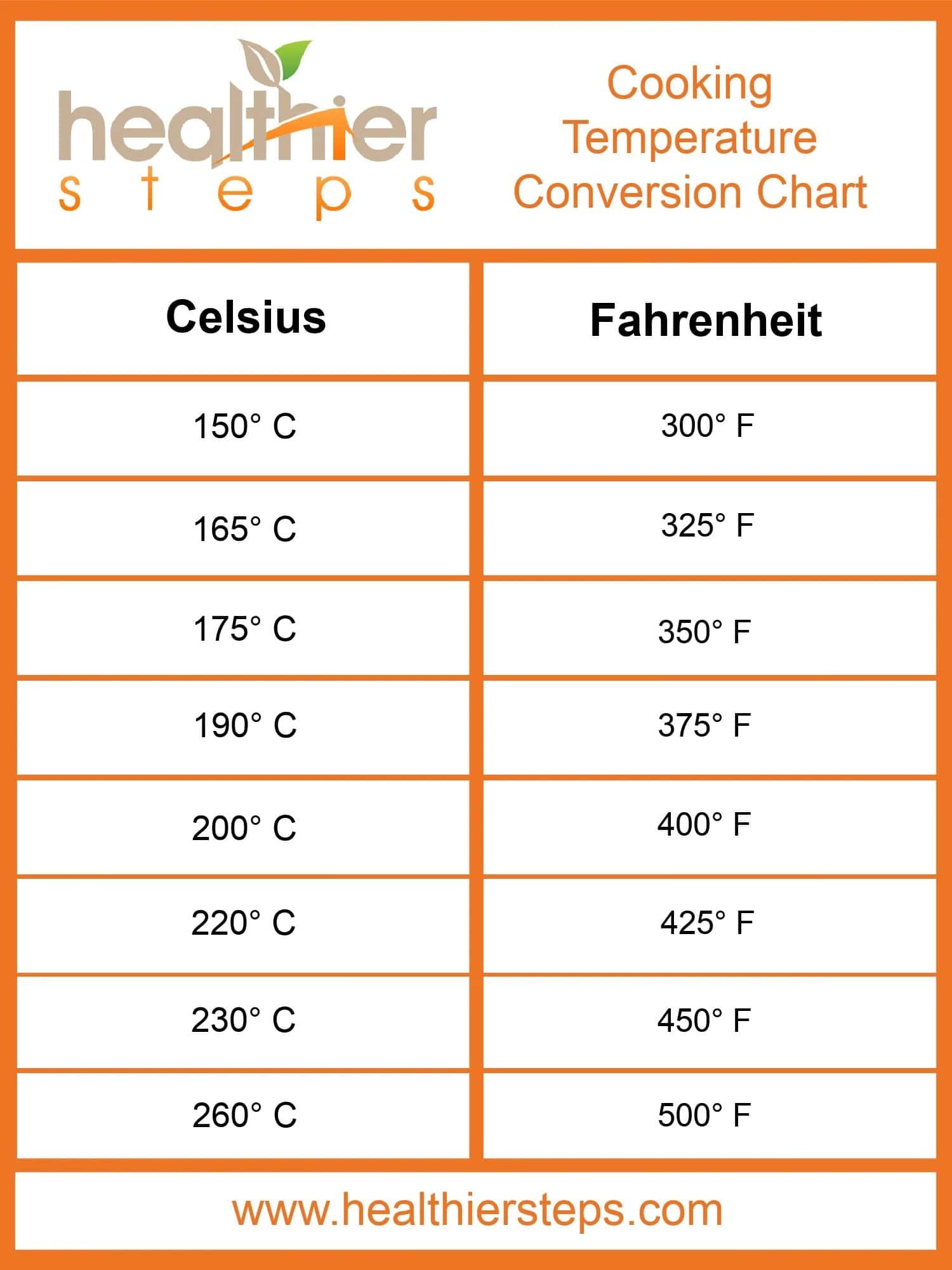Why Vegans Should Condemn Halal Meat Practices

Table of Contents
- The Inherent Suffering in Halal Slaughter
- Lack of Stunning: A Painful Reality
- The Religious Argument vs. Animal Welfare: Finding Common Ground
- Environmental Concerns of Halal Meat Production
- High Resource Consumption: An Unsustainable Practice
- Ethical Implications of Resource Consumption: A Broader Perspective
- The Vegan Movement's Consistency and Inclusivity: A Call for Dialogue
- Maintaining Ethical Integrity: A Consistent Approach
- Promoting a More Inclusive Vegan Movement: Respectful Engagement
- Conclusion: A Call to Action for Ethical Veganism
The Inherent Suffering in Halal Slaughter
The core tenet of veganism is the rejection of animal exploitation and suffering. However, the halal method of slaughter, while religiously significant for Muslims, often conflicts with this principle. The ethical implications of halal meat production, specifically the absence of stunning in many instances, are crucial for vegans to consider.
Lack of Stunning: A Painful Reality
Halal slaughter traditionally involves the cutting of the animal's throat without pre-stunning. This means the animal remains conscious throughout the process, experiencing pain, fear, and distress. Scientific studies have consistently shown that animals slaughtered without stunning experience significant suffering.
- Studies indicate elevated levels of stress hormones in non-stunned animals. These hormones are clear indicators of pain and fear.
- Electroencephalography (EEG) studies have demonstrated brain activity in animals during non-stunned slaughter, suggesting consciousness and the experience of pain.
- The variability in the implementation of halal slaughter across different regions and countries is a significant concern. Lack of standardized and consistently enforced regulations leads to inconsistent levels of animal welfare.
The Religious Argument vs. Animal Welfare: Finding Common Ground
While the religious justification for halal slaughter is deeply rooted in Islamic tradition, it clashes directly with the vegan ethos of minimizing all forms of animal suffering. Vegans must critically examine this conflict and advocate for the most humane possible practices, even within the constraints of religious ritual.
- We must acknowledge the sentience and capacity for suffering in animals, regardless of religious interpretations.
- While some argue that quick, skillful slaughter minimizes suffering, the lack of consistent implementation and the inherent risk of prolonged suffering negate this claim.
- The emphasis should be on finding common ground – reducing animal suffering – rather than dismissing the concerns of the vegan movement.
Environmental Concerns of Halal Meat Production
The environmental impact of meat production, regardless of the method of slaughter, is substantial. Halal meat production, as a form of animal agriculture, contributes significantly to environmental degradation.
High Resource Consumption: An Unsustainable Practice
Halal meat production, like other forms of animal agriculture, demands vast resources. The environmental cost is immense:
- Greenhouse gas emissions: Animal agriculture is a major contributor to greenhouse gas emissions, significantly impacting climate change. Halal meat production shares this responsibility.
- Deforestation: Land clearing for grazing and feed production contributes to deforestation and habitat loss, harming biodiversity.
- Water depletion: Animal agriculture is a highly water-intensive industry, straining water resources globally. Halal meat production is no exception.
A comparison of the carbon footprint of halal meat production with plant-based alternatives reveals a stark difference, with plant-based options having a significantly lower environmental impact.
Ethical Implications of Resource Consumption: A Broader Perspective
The environmental damage caused by halal meat production is not just an environmental issue; it has profound ethical implications. This unsustainable practice contributes to broader environmental injustices and undermines the sustainability goals crucial to many vegans.
- Climate change disproportionately affects vulnerable populations, highlighting the ethical dimension of environmental degradation.
- Veganism offers a powerful solution to mitigate climate change and reduce the environmental burden of food production.
The Vegan Movement's Consistency and Inclusivity: A Call for Dialogue
Remaining silent on the ethical concerns surrounding halal meat practices undermines the core principles of veganism and dilutes its message of compassion for all animals. This silence hinders the movement's growth and credibility.
Maintaining Ethical Integrity: A Consistent Approach
Consistency is paramount. Vegans should not selectively apply their ethical principles, ignoring practices like halal slaughter simply due to cultural or religious sensitivities.
- Maintaining ethical integrity means applying consistent ethical principles across all aspects of life, including food choices.
- Ignoring the suffering involved in halal meat production weakens the vegan message and risks losing credibility within the broader ethical community.
Promoting a More Inclusive Vegan Movement: Respectful Engagement
Condemning halal meat practices does not necessitate alienating Muslim communities. Instead, it creates an opportunity for respectful dialogue and engagement about animal welfare.
- Focus on finding common ground: reducing animal suffering and promoting sustainable food systems.
- Engage in constructive conversations, emphasizing the shared goal of reducing suffering and promoting a healthier planet.
Conclusion: A Call to Action for Ethical Veganism
The inherent suffering in halal slaughter, the significant environmental impact of halal meat production, and the imperative for ethical consistency within the vegan movement all necessitate a critical examination of halal meat practices by vegans. By acknowledging these concerns, vegans can strengthen their commitment to animal welfare and build a more consistent and inclusive movement. Let's work together to promote plant-based alternatives and advocate for more ethical and sustainable food systems. The future of veganism, and indeed the planet, depends on it. Let's actively condemn unethical meat practices, including those associated with halal meat, and champion a truly compassionate and sustainable approach to food.

 Sabalenkas Dominant Win Secures Madrid Open Title
Sabalenkas Dominant Win Secures Madrid Open Title
 Watch Manchester United Tottenham Hotspur And Lyon In The Uefa Europa League Free Live Stream Guide
Watch Manchester United Tottenham Hotspur And Lyon In The Uefa Europa League Free Live Stream Guide
 Extreme Heat In Indore 40 Celsius Temperature Triggers Health Warning
Extreme Heat In Indore 40 Celsius Temperature Triggers Health Warning
 Ostapenko Defeats Sabalenka To Claim Stuttgart Open Title
Ostapenko Defeats Sabalenka To Claim Stuttgart Open Title
 Sec Crypto Broker Regulations Facing Potential Overhaul
Sec Crypto Broker Regulations Facing Potential Overhaul
